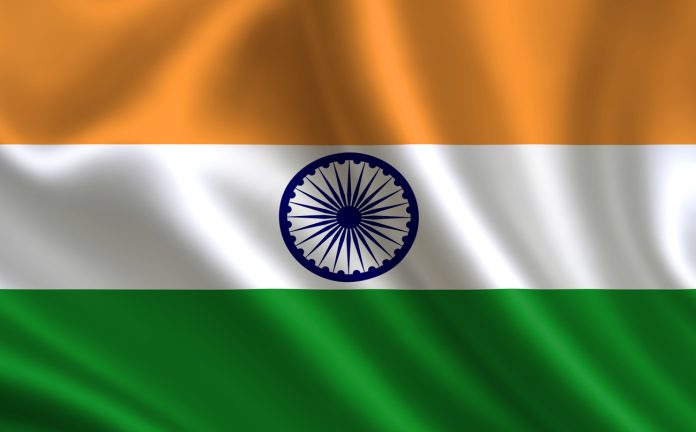The incoming UK government has a unique opportunity to reshape its foreign policy with India, aligning it with the values that are shared by both nations
The British Indian community strongly supports a relationship with India that promotes democracy and human rights. In an election year that is heralding significant change in both countries, the British Government has a chance to heed the voices of the communities most deeply invested in a thriving future in India and the UK.
The British-Indian community
The British Indian community is young, fast-growing, well-educated and one of the highest-earning ethnic groups in the country.
Since 2018, the number of people relocating to the UK from India has steadily increased. As our numbers have grown, so too has the community’s visibility and political stature—in Rishi Sunak, we have the first British Prime Minister of Indian heritage.
Before that, two of the ‘big four’ Cabinet posts in the recent government of Prime Minister Boris Johnson were held by Priti Patel and Alok Sharma, both individuals with Indian heritage. Across the UK, through all sorts of careers, British Indians are making significant contributions to British society.
Advocating for human rights in India
Alongside these deep roots in the UK, many British Indians maintain a strong relationship with India, with a recent survey finding that well over half (58%) read news about India at least weekly and are concerned by India’s recent trajectory when it comes to human rights and democracy.
A survey conducted by the Platform for Indian Democracy in late 2023 revealed 90% of respondents in the UK believe human rights should be a condition for industrial and commercial investments in India. Furthermore, 87% of UK respondents in the ‘Modi Mirage’ GlobeScan poll advocate for the UK government to champion human rights in India, with almost half deeming it very important.
This awareness of the current challenges facing Indian democracy manifests itself not only in concern among British Indians about what is happening in India. A GQR survey highlighted that British Indians desire less division in politics, both domestically and internationally, with 65% expressing concern over the Leicester riots and the potential for the violence being witnessed in India to spill over into the UK.
The strength of the connection between the two countries gives the UK a particularly strong incentive to seek stability and calm in India.
The power of British Indianas within UK politics and voting
Furthermore, last year’s Uxbridge by-election serves as a testament to our electoral power, where the Indian community played a decisive role in securing a narrow win for the Conservatives. So, it’s safe to say that for political parties aiming to secure our votes, it is crucial to acknowledge our perspectives on how the UK should engage with India, our ancestral home.
India, often celebrated as the world’s largest democracy, faces scrutiny regarding its democratic credentials, even in light of the outcomes from the 2024 Lok Sabha (India’s House of Commons) elections.
The Indian government’s unpredictable foreign policy stances on issues like Gaza and Ukraine, coupled with concerns over human rights and democratic principles, pose challenges for collaboration with Western governments. The ongoing negotiations for a Free Trade Agreement (FTA) between the UK and India further underscore the complexity of this relationship.
Amid global turmoil, and despite the potential complexities it will pose, the UK must prioritise human rights and democracy in its foreign policy towards India to ensure a stable and fruitful partnership with India. This is necessary to lay the foundation for longer term stability and productivity in this mutually important relationship.
What can the new Labour government do to help democracy in India?
Coming fresh to the table as it will be, the incoming UK government has an opportunity to take a firmer stance on democratic principles in India. This includes negotiating an FTA that incorporates provisions to protect these principles and foster international cooperation on climate change, peace, human rights, and the global economy.
It is a chance to use diplomatic and public channels to address human rights violations and democratic backsliding in India, where the UK government identifies it. By doing so, the UK sets clear expectations about the future basis of its relationship with India, grounded in mutual respect for democratic values and human rights.
Many British Indians remain steadfast in our commitment to the values of diversity and inclusivity that once forged India’s democracy. These values, cherished both in the UK and India, are not just aspirational but essential to our identity. In an increasingly polarised world, we call on our government to take this opportunity to champion democracy and human rights, at home and abroad.











